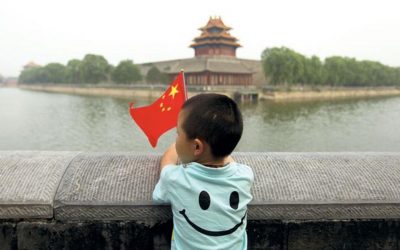By
Dan Marshall-Singh
In 1979 a programme was adopted under Chairman Mao’s rule which would universally be known as ‘The One Child Policy’. Up until 2015, many Chinese citizens were encouraged to only have one child; however there were exceptions and changes throughout the years.
The One Child Policy was first implemented to steady China’s rapid population growth, and although it did greatly reduce the population, it brought many failures. The most visible result of the One Child Policy is the gender imbalance, in some provinces 130 boys are born of each 100 girls. Forced abortions were reported as was forced sterilisation, infanticide and new-born babies being abandoned due to local offices striving to meet the population targets set by the Chinese government.
Outside of China, exceptions of the One Child Policy were relatively unknown. By the time the One Child Policy was abolished, around 65% of the population were exempt from the policy due to changes of the law throughout the years. Ethnic minorities in China were exempt from the policy, multiple births (twins, triplets, etc) we counted as one child, children born overseas were exempt, rural families could have more than one child if their first born was female, families whose first born has mental or physical disabilities were able to have more than one child and if both parents were only children they were allowed to have another child, but with a four year gap between the births. As these new implementations proved to be successful, whole provinces became exempt from the one child programme. Couples in Zhejiang and Sichuan provinces could have more than one child regardless of their situation.
In late 2015, Xinhua News Agency announced the abolishment of the One Child Policy, meaning that couples would be able to have more than one child without having to pay a fee or be punished by their employee. However, with many modern Chinese couples aware of the cost of having more than one child, China is only expecting only a small ‘baby boom’ after this reform.



No Comments Yet!
You can be first to comment this post!